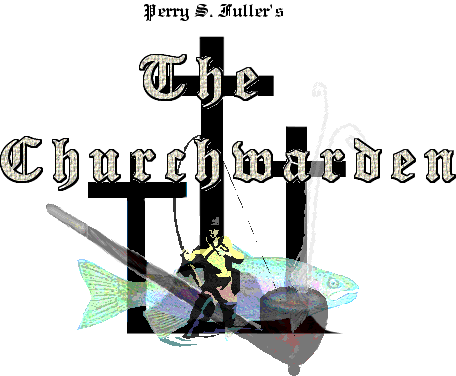
Christ is the end of the law for righteousness; the end that the law looked to for a perfect obedience; the end which the Father looked unto to have it magnified; the end that justice looked to for satisfaction; and the end that every self-condemned sinner must look to for righteousness, if ever he be saved. Christ has obeyed the law perfectly, and "by the obedience of "that" one shall many be made righteous." he has appeased the wrath of God, and opened a way for his love to be "shed abroad in our hearts by the Holy Ghost given unto us;" he gives us his Holy Spirit to make us holy, and teaches us by his grace to love one another: by which four things "the righteousness of the law is fulfilled in us, who walk not after the flesh but after the Spirit" And thus "the law was our schoolmaster until Christ" came to us: "but, after he is come, we are no longer under a school master, but are redeemed from the law, that being dead wherein we were held, that we should serve in newness of the Spirit, and not in the oldness of the letter."
Yea, we are divorced from the law as a barren husband, that can produce no fruit or fruitfulness in us, that we should be married to another, even to him that is raised from the dead (which Moses is not), that we should bring forth fruit unto God: and therefore are not adulteresses in the sight of God, though we quit the law of Moses, and be married to another; seeing that the first husband made us barren, and the second makes us fruitful; who marries the widow, raises up the name of the dead upon the inheritance, and does so worthily in Ephratah, and is so famous in Bethlehem; who has raised up an everlasting name, which shall not be cut off; who is such a father of the fatherless, and such a husband to the widow, in his holy habitation, as to make them forget the shame of their barrenness in the days off their youth, and remember the reproach of their widow bond no more: for He is our Maker who is our husband; "the Lord of hosts is his name, the God of the whole earth shall he be called." This is he who is eyes to the blind, and feet to the lame; who plucks the spoil out of the jaws of the oppressor, and makes the widows heart to sing for joy. And, as he is the fulfilling end of the moral law, to which justice looked for satisfaction, to which the law looked for honour; so he is the end to which we must look for wisdom, righteousness, sanctification, and redemption, and for grace to perform every righteous act, if ever we would follow after righteousness, or be found in one that will stand us in any stead in the great day; for we are all taught and led to look for "the hope of righteousness" which is by faith. And thus this righteousness appears to be the perfect obedience of Christ to the law; which God accepts, which is imputed by God himself to all that believe; and therefore it is God that justifies.
This obedience of Christ is brought to us, and applied by the Spirit of our God, and therefore we are said to be "justified in the name of the Lord Jesus, and by the Spirit of our God." It is received and put on by faith; therefore we are said to be "justified by faith" and the soul that has got it makes an honest confession of his lost estate, and of the free, justifying grace of God to him; on which account he is said to be "justified in his sayings, and clear when be is judged." And this righteousness justifies him before God: "for, if Abraham were justified, by works, he hath whereof to glory, but not before God:" and this righteousness, or justification before God, is attended with a sincerity of heart, a humble walk, a tender conscience, and an honest life; in which sense (and before men), "by works a man is justified, and not by faith only;" as Abraham was by offering up his son, which was done after the justification of his person; as Rahab was by receiving the spies in peace, and sending them out another way; and as every righteous man is, by letting his light of knowledge shine before men, and by letting others see his good works, his works of faith, his labours of love, and his patience of hope, in the Lord Jesus Christ. And I think treating the subject in this manner is doing the work of an evangelist, and making full proof of the ministry: it is fighting the good fight of faith, giving a certain sound by the gospel trumpet, and running the Christian race with certainty: without yea and nay, without "Lo here" and "Lo there," without, vain jangling, without beating the air, without pro and con, without a mixture of Hebrew and Ashdod, without daubing with untempered mortar, without building again that which I destroyed, without beginning in the flesh and ending in the Spirit, and without ifs and buts and "I trust," --which leave all at an uncertainty; when the effect of righteousness in our days is to be peace and assurance for ever, and quietness and confidence is to be our strength.
year index
January/February 02 index
March/ April 02 index
E mail Perry Fuller at darkcahill.com
�copyright 2001, Perry Fuller

